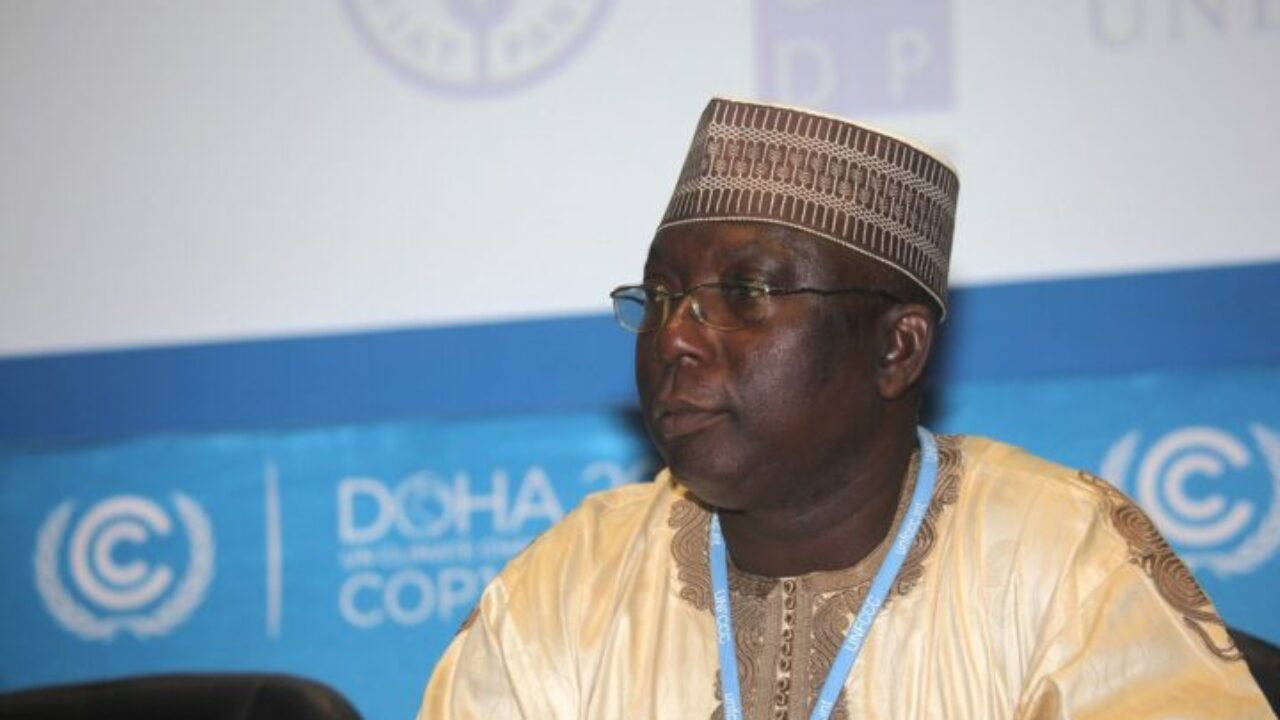The federal government has concluded plans to unveil a carbon tax policy and budgetary system for Nigeria in line with the recently approved Energy Transition Plan as part of the Climate Change Act.
The Director-General (DG) of the National Council on Climate Change (NCCC), Salisu Dahiru, stated this at the weekend while speaking with State House reporters after meeting with President Muhammmadu Buhari at the Presidential Villa, Abuja.
He said the agency sorted and obtained approval to initiate key deliverables contained in the Climate Change Act, including establishing a carbon budget for the country.
The president had, at the recent meeting in Abuja, approved the Energy Transition Plan, to be driven by the NCCC in accordance with the Climate Change Act 2021.
FG worries over states’ attitude to open defecation
FG mocks embassies over Abuja travel advisories
A carbon tax or tax on greenhouse gases comes in two broad forms, namely; an emissions tax, which is based on the quantity an entity produces; and a tax on goods or services that are generally greenhouse gas-intensive, such as a carbon tax on gasoline.
Under the arrangements, the federal government is expected to set a price that emitters pay for each ton of greenhouse gas emissions.
Dahiru, while speaking on the carbon tax system, said: “That is now going to provide allowances for every entity, whether government or private sector, in terms of how much emissions it may be allowed and exceeding those emissions could also attract penalties.
The DG said the council also instructed the secretariat to develop the framework for carbon trading and climate change fund for Nigeria to serve as the main source of revenue and inflow of funds that will be used for running of the council as well as to undertake projects that will help Nigeria to fulfill all his obligations under the nationally determined contributions, as well as under the net zero target of 2016.

 Join Daily Trust WhatsApp Community For Quick Access To News and Happenings Around You.
Join Daily Trust WhatsApp Community For Quick Access To News and Happenings Around You.


